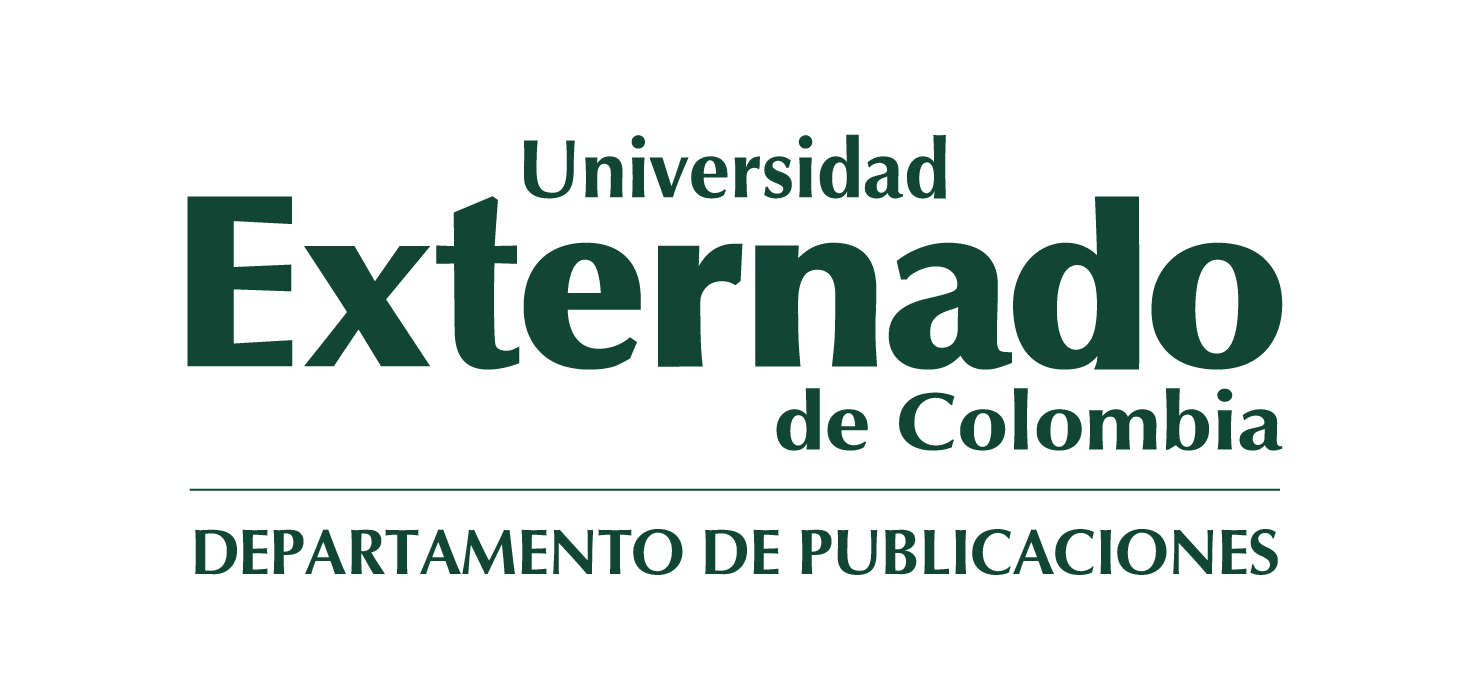Our interest lies in carrying out a basically theoretical examination of the conditions under which both operators and legal scholars - as this is part of our reality or current way of life - have access to it (the Law), both to use it effectively in their practices - as happens with operators - as well as to understand it, either with a purely theoretical purpose or with the purpose of laying solid foundations for its use - which is what, on both sides, they seem to lead to out theoretical and doctrinal, respectively.
Based on a differentiation that we will try to show later, the law can be considered a part - very important, by the way - of our reality and, as such, an almost indispensable factor of the way of life to which men have reached for some time. time.
In this last condition, a good part of the use we make of the law results from processes that have been so deeply rooted in these forms of life that it can well be stated that a good part of those who use it do not have a clear awareness of what that aspect of our life consists of. reality or ce our practices and, of course, much less about what are the ultimate reasons that justify its existence and need today.
CAPÍTULO I DERECHO
¿Cómo aparece el derecho? O. Introducción 1. Nuestra realidad 2. El derecho en el "mundo" y en la "realidad" 3. El surgimiento del "Derecho" 4. Prenoción de derecho 4.1 "Algo existe" 4.2 "Existe el Derecho" 4.2.1 Fenómeno y hecho 4.2.2 Fenómeno y "oualia" 4.2.3 Fenómeno "en sentido estricto" 4.2.4 Fenómeno "en sentido amplio" 4.2.5 Fenómeno en cuanto forma epistémica y en cuanto forma ideológica 4.3 Fenómeno y "fenómeno jurídico"
CAPÍTULO IICONOCIMIENTO
1. Los "hechos": un puente entre el mundo y la realidad 2. Nuestro conocimiento del mundo y de la realidad 3. Las ciencias y su valor explicativo 3.1 La explicación del "mundo" 3.2 La explicación de la "realidad" CAPÍTULO IIICONOCIMIENTO y DERECHO
O. Introducción 1. Existencia y conocimiento 1.1 Ontología jurídica 1.2 La pregunta básica 1.3 Objeto y sustrato 1.4 Forma óntica del Derecho 1.5 Los cuatro modos de existir del "objeto" 1.6 Estatus "óntico" del derecho 1.6.1 La denominada "norma escrita" 1.6.2 La norma verbal 1.6.3 Los gestos o señas corporales 1.6.4 La conducta constitutiva de la costumbre 1.7 Materia y sentido 1.7.1 Sentido normativo - la disposición 1.7.2 Contenido - la norma 1.7.3 Conocimiento y Derecho
CAPÍTULO IV LA CONSTRUCCIÓN EPISTÉMICA DEL DERECHO
O. Introducción 1. Conocimiento como construcción 2. Lenguaje jurídico y conocimiento jurídico 3. La construcción de los conceptos jurídicos 4. Conceptos del entendimiento y conceptos de la práctica 5. La estructura epistémica del Derecho BIBLIOGRAFÍA
eBook
Impreso
Impreso bajo demanda
-

-
Hubed Bedoya
-
Información de autor disponible próximamente.
-
eBook
Digital: descarga y online - EPUB
Catálogo Universidad Externado:
Impreso
Catálogo Universidad Externado:



